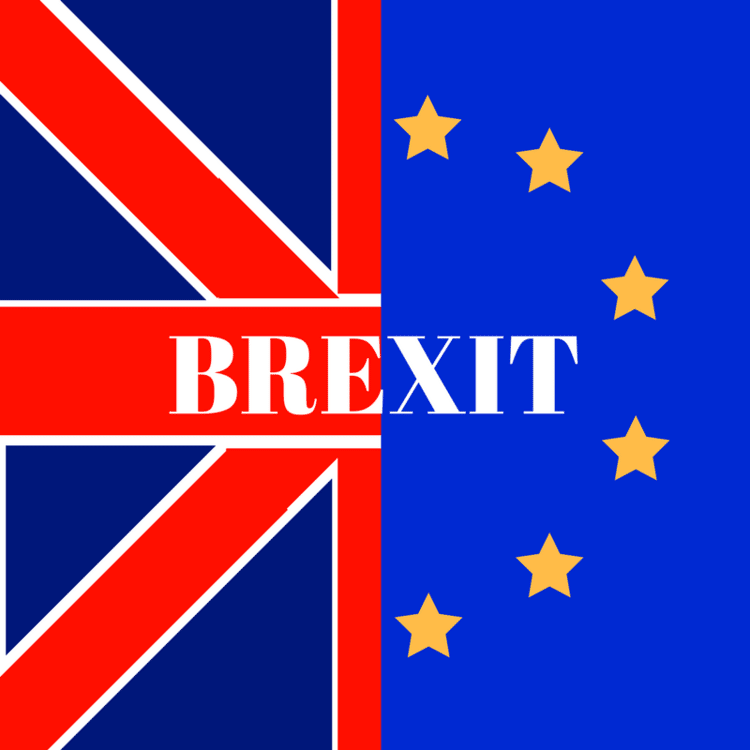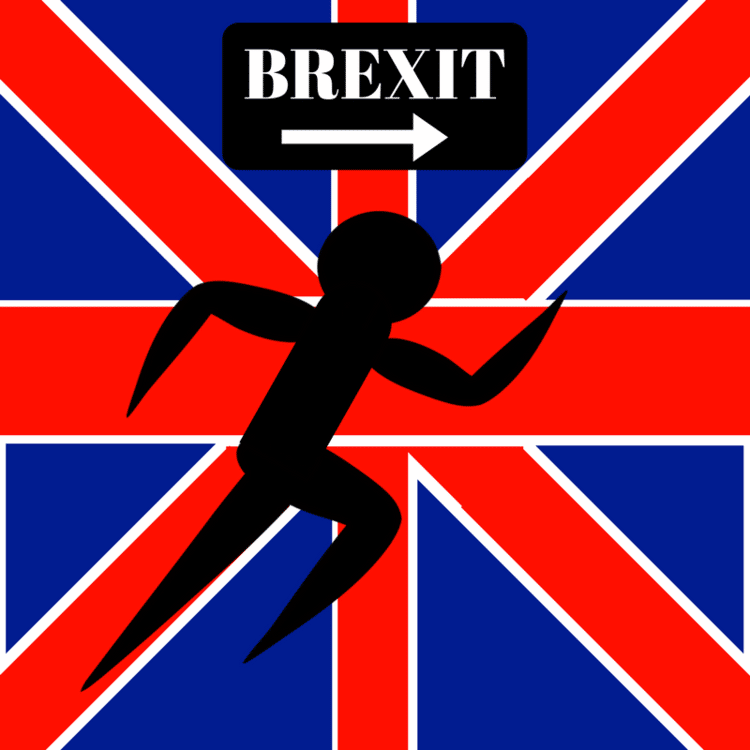
Brexit: “There can be no turning back.”
Christian Segers, Assistant Editor
Photo courtesy of Miranda Bradford.
On Wednesday, March 29, 2017, one of Great Britain’s top envoy’s, Tim Barrow, arrived in Brussels, Belgium to hand deliver Prime Minister Theresa May’s letter of intent to withdraw the nation from the European Union (EU), as reported by CNN. Although the departure marks the first time that a major head of state moved to cede from the EU, “Brexit,” as it was officially coined, will have massive ramifications for both immigration and economics, specifically.
By invoking Article 50 of the Lisbon Treaty (the article that states how a country might exit the EU), Great Britain begins the two-year annulment process, which has been likened to, divorce proceedings. Over the course of the 44-year-old pact between Great Britain and the current 27 other national sovereignties, Europe as a continent has passed free immigration and travel laws, brokered various treaties and trade deals between in-house nations and outside countries, and provided a form of what many refer to as, “financial stability.” Unfortunately for the EU, Great Britain no longer sees the aforementioned dealings as reason enough to stay complacent.
Citing increased concerns over the widespread immigration that is not only allowed, but also encouraged by the EU within member-states and the national security risks therein, Prime Minister Theresa May issued the what will soon be the iconic words, “This is an historic moment from which there can be no turning Back…and in accordance with the wishes of the British people, the United Kingdom is leaving the European Union.”
Although voted upon and passed in a 52-48 percentile split amongst British citizens in the fall of last year, Brexit has caused anything but smooth sailing for both immigration and economic reasons. Due to the invoking of Article 50, future immigration laws become complex at the least. It is possible, however not plausible, that Britain will keep many of the current laws in place, so to appease any future dealings with the EU. However, a better argument would be that Britain will develop a stronger vetting process for migrants to and from the country.
According to a report drafted for Woodford Investment Management, “Annual net migration from the European Union rose to significant levels of approximately 100,000 people per annum following the accession of countries in eastern Europe to the union in 2004. It has more than doubled since 2012, reaching 183,000 in March 2015.”
As it stands, those with work-related visas can travel between any and all member-states under the protection of EU worker laws. In the event of Britain’s exit from the EU, a decidedly large portion of businesses will be forced to either shutter their doors permanently, or adapt and look to hire on a particular side of the English Channel. As is imaginable, the new policies soon to be drafted by all parties involved will have a dramatic effect on local, national and global economies.
In anticipation of the shift in political tides, the English pound hit a 31-year low in relationship to its worth against the U.S. dollar, with currency valued at $1.20 this January and $1.24 at Wednesday’s close. Concerns regarding whether or not renegotiated trade dealings between Great Britain and neighboring states, have, in large part, stifled spending, prompting the Bank of England to, cut rates to the lowest level in the central bank’s 322 year history, in hopes that the drop will increase consumer confidence.
Although seemingly bleak from an economist perspective, British estimates as reported on by the New York Times, have the economy growing by, “as much as 2 percent this year, an increase from previous forecasts.”
The idea of Britain leaving the “Bloc,” another word used in relation to the EU, has sent a number of treasury creditors into a state of panic, as they weigh whether or not to increase Britain’s credit rating, in light of ongoing economical negotiations.
As the world’s fifth largest economy, Britain stands to lose outstanding amounts of capital as the, “decades of ties, pacts and arrangements” made under the banner of the EU stand to “unravel,” according to the Washington Post.
However, both British parliament and the EU hope to engage in mutually beneficial arrangements, as European Council President Donald Tusk said that, “After all, most Europeans, including nearly half the British voters, wish that we would stay together, not drift apart.”
In her speech today, following the remarks made by Tusk, May said, “Today, the government acted on the democratic will of the British people, and it acts too on the clear and convincing position of this house.”
Although only time will tell, the world and the international stock markets eagerly await to see what Brexit will bring, both immigration wise and economically speaking.
The letter delivered to the European Union can be read in full here.

